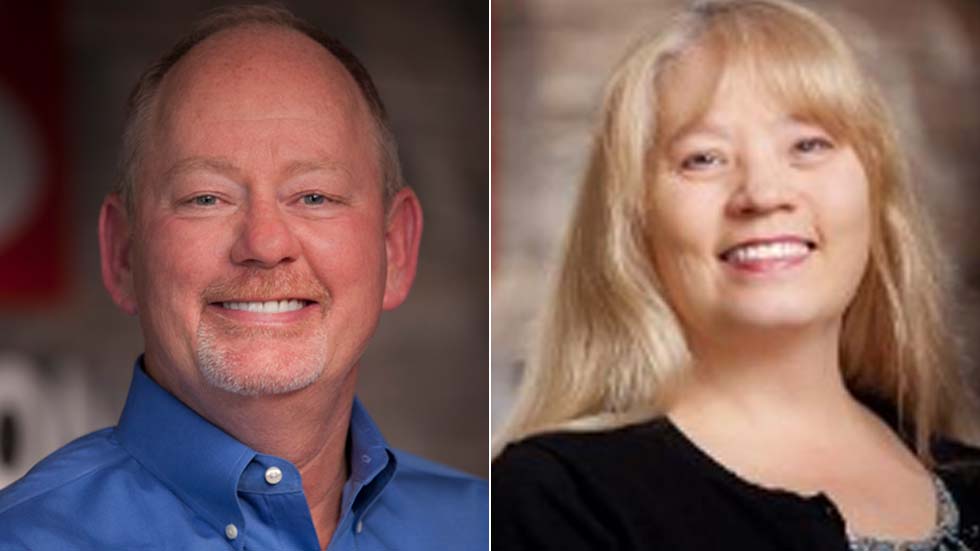WatchTV asks FCC for experimental license to test spectrum-efficient wireless transmission technology
WatchTV, a Portland, OR, company promoting a technology designed to converge broadcasting and broadband, has asked FCC Chairman Julius Genachowski to reverse FCC policy regarding the mandated use of “today’s outdated ATSC digital TV technical standard” and allow his company to field-test the technology under an experimental license.
Gregory J. Herman, president and CEO of WatchTV and Spectrum Evolution, a group promoting the use of extra spectrum from DTV broadcasters for mobile broadband applications, sent a letter requesting a meeting with the chairman, saying he has been blocked in previous efforts by the commission’s Media Bureau staff.
Herman has filed a formal application for an experimental license to test and demonstrate the OFDMA technology in Portland. Although the application has not been affirmatively denied, Herman said his “routine request” for an experimental broadcast license is languishing at the FCC.
“WatchTV and SpectrumEvolution.Org are working with a technology that is already deployed in other countries and was created by the same University of Washington professor who was the original developer of the OFDMA technology that is now the core of LTE and Mobile WiMAX,” Herman wrote.
Herman said he had already demonstrated the technology to the Office of Employment and Training on Nov. 19, 2010, and it showed promise in sending wireless signals to portable handsets that Herman provided at the time. He stated that his prototypes countered previous FCC staff suggestions that there is no market-ready approach to combining broadcasting and broadband in the same bandwidth.
“If the technology works as well as anticipated, deployment can start within a year, with widespread penetration, including rural areas, faster than any other technology,” he wrote.
“The efficient use of broadcast spectrum will be enhanced far beyond today’s outdated ATSC standard,” Herman continued. “Importantly, because the system is dynamically flexible as to how spectrum capacity is allocated among various services, it will allow the free marketplace, rather than government regulators, to determine how much spectrum capacity is used for which kinds of services at what points in time. And the United States will open rather than shut the door to innovation already deployed in nations with which we compete.”
The professional video industry's #1 source for news, trends and product and tech information. Sign up below.
Herman suggested one reason for refusing his application is the FCC doesn’t want his technology to be proven to work.
“There can be no reason to deny us the ability to do the necessary field test work, but for fear that we might succeed and/or a perception that the government will not profit as much from our technology as it might from incentive auctions that would shut down broadcast services,” he said. “Success should never be feared.”
According to the Spectrum Evolution website, Herman is a broadcast television company executive, operating both Class A and low-power television facilities with locations throughout Oregon and Central Washington. WatchTV was the first television broadcaster to provide foreign language programming in the state of Oregon. He is also a past president of the Community Broadcasters Association.
Herman is seeking a meeting during Jan. 24-28, when he will travel to Washington for meetings with other government officials and congressional offices. Thus far the FCC has offered no response to his letter.
